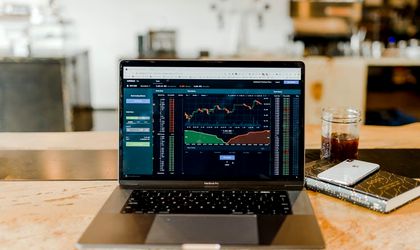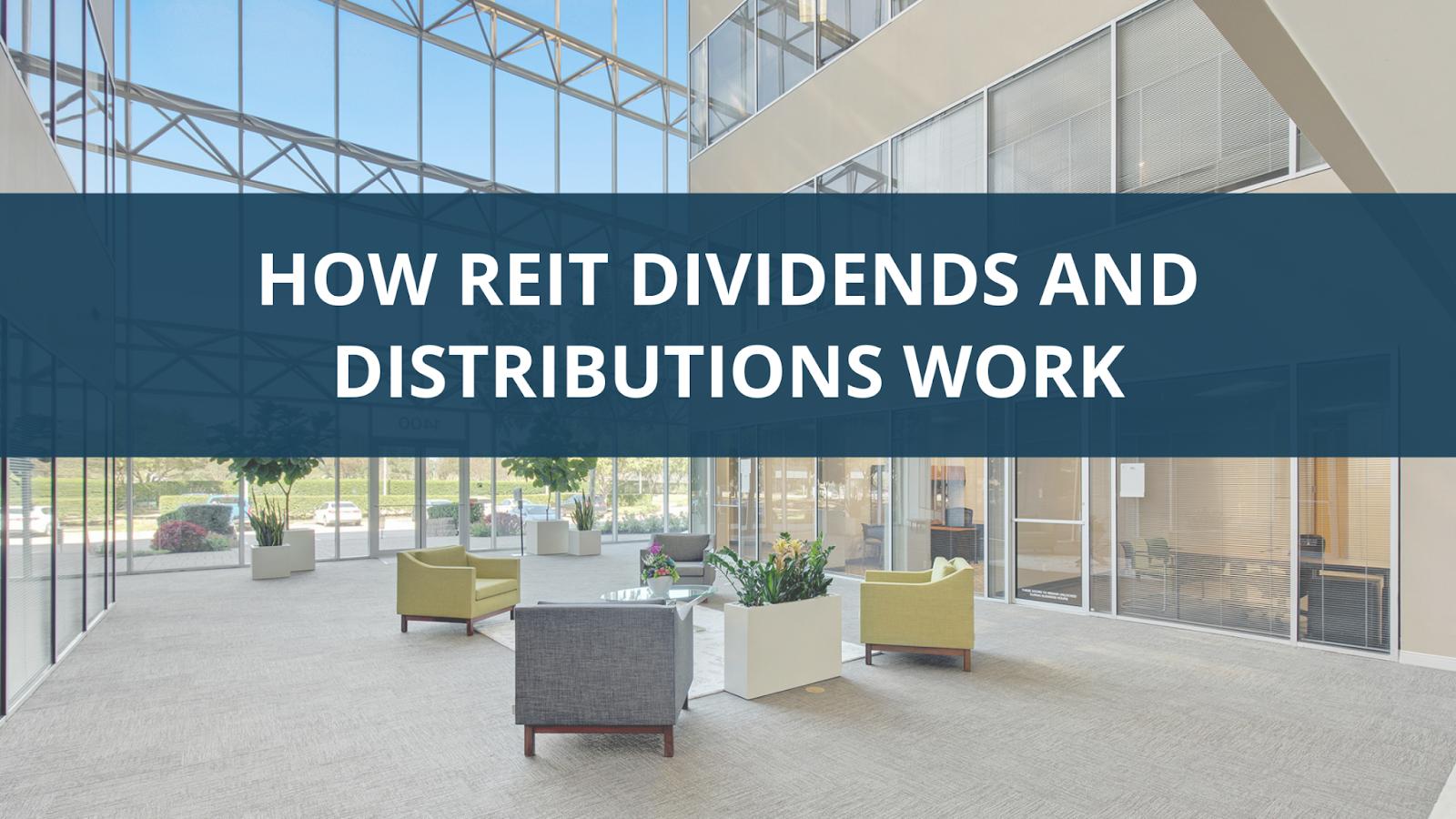
Selling and buying foreign currency options can be complex. Forex options are available for trading over the telephone or via electronic dealing systems. While these options can offer many advantages, they are not without risks. These risks include the possibility that you could lose your money. There are several options to lower the risks associated with forex option trading. These tips will allow you to make an informed decision.
There are two types options for forex: exchange-traded options or over-the counter options. You can buy or sell a currency pair using exchange-traded options. An option can be traded through a broker, financial institution, or broker. The option is typically executed on the date of expiration. However, you can also buy forex options with an expiration date of any date. An example is a EUR/USD currency option, which has an expiration of April 30. This allows you to purchase the currency pair at its current market price on March 31, and then sell it at April 30, if desired.
Over-the-counter transactions offer greater flexibility and let you buy or sell an underlying asset with no delivery. For small traders, this type of transaction is very beneficial. You will need to pay brokerage fees. Fortunately, most platforms do not charge commissions for options.

The most obvious advantage of purchasing an option is that you can earn money if the price of the underlying currency increases. If the currency price drops, however, you could lose money. If the currency's value is lower than the strike price, you lose money. If the currency is worth more, you might be eligible to sell it for a profit.
You can do your research to determine the best forex option for you. You might be interested in an option that is European-style currency. For example, the volatility of such options will be important. Volatility measures the time-average deviation from the price. This can be as low as 2%.
You might also want to think about a fixed-rate option. This option allows you profit up to a certain amount. It can also be used to hedge other forex positions.
There are many other forex options to choose from, but these ones are the most commonly used. Talk to your broker to learn more about the forex options. Consider using leverage to increase your trade capital. This is where you borrow money directly from your broker. This can make an option more affordable than buying the underlying currency.

When trading forex options, there are many other factors you should consider. A broker who is a good one will offer a range of services including technical support and monitoring your account. You should also take the time to learn about the benefits and risks involved in forex options trading.
FAQ
Is stock marketable security?
Stock is an investment vehicle that allows investors to purchase shares of company stock to make money. This can be done through a brokerage firm that helps you buy stocks and bonds.
You could also choose to invest in individual stocks or mutual funds. In fact, there are more than 50,000 mutual fund options out there.
These two approaches are different in that you make money differently. Direct investment earns you income from dividends that are paid by the company. Stock trading trades stocks and bonds to make a profit.
Both cases mean that you are buying ownership of a company or business. However, if you own a percentage of a company you are a shareholder. The company's earnings determine how much you get dividends.
Stock trading allows you to either short-sell or borrow stock in the hope that its price will drop below your cost. Or you can hold on to the stock long-term, hoping it increases in value.
There are three types for stock trades. They are called, put and exchange-traded. You can buy or sell stock at a specific price and within a certain time frame with call and put options. ETFs, which track a collection of stocks, are very similar to mutual funds.
Stock trading is very popular as it allows investors to take part in the company's growth without being involved with day-to-day operations.
Stock trading can be a difficult job that requires extensive planning and study. However, it can bring you great returns if done well. It is important to have a solid understanding of economics, finance, and accounting before you can pursue this career.
Are bonds tradable?
The answer is yes, they are! You can trade bonds on exchanges like shares. They have been for many years now.
The main difference between them is that you cannot buy a bond directly from an issuer. You will need to go through a broker to purchase them.
Because there are less intermediaries, buying bonds is easier. This means that you will have to find someone who is willing to buy your bond.
There are many kinds of bonds. Some bonds pay interest at regular intervals and others do not.
Some pay interest annually, while others pay quarterly. These differences make it possible to compare bonds.
Bonds can be very useful for investing your money. For example, if you invest PS10,000 in a savings account, you would earn 0.75% interest per year. You would earn 12.5% per annum if you put the same amount into a 10-year government bond.
If all of these investments were accumulated into a portfolio then the total return over ten year would be higher with the bond investment.
What's the difference between a broker or a financial advisor?
Brokers help individuals and businesses purchase and sell securities. They handle all paperwork.
Financial advisors are specialists in personal finance. They can help clients plan for retirement, prepare to handle emergencies, and set financial goals.
Banks, insurance companies or other institutions might employ financial advisors. Or they may work independently as fee-only professionals.
Consider taking courses in marketing, accounting, or finance to begin a career as a financial advisor. You'll also need to know about the different types of investments available.
Statistics
- For instance, an individual or entity that owns 100,000 shares of a company with one million outstanding shares would have a 10% ownership stake. (investopedia.com)
- Our focus on Main Street investors reflects the fact that American households own $38 trillion worth of equities, more than 59 percent of the U.S. equity market either directly or indirectly through mutual funds, retirement accounts, and other investments. (sec.gov)
- US resident who opens a new IBKR Pro individual or joint account receives a 0.25% rate reduction on margin loans. (nerdwallet.com)
- Ratchet down that 10% if you don't yet have a healthy emergency fund and 10% to 15% of your income funneled into a retirement savings account. (nerdwallet.com)
External Links
How To
How to Trade Stock Markets
Stock trading refers to the act of buying and selling stocks or bonds, commodities, currencies, derivatives, and other securities. Trading is French for traiteur, which means that someone buys and then sells. Traders trade securities to make money. They do this by buying and selling them. It is one of the oldest forms of financial investment.
There are many options for investing in the stock market. There are three types that you can invest in the stock market: active, passive, or hybrid. Passive investors watch their investments grow, while actively traded investors look for winning companies to make a profit. Hybrids combine the best of both approaches.
Passive investing is done through index funds that track broad indices like the S&P 500 or Dow Jones Industrial Average, etc. This method is popular as it offers diversification and minimizes risk. All you have to do is relax and let your investments take care of themselves.
Active investing involves selecting companies and studying their performance. Active investors will look at things such as earnings growth, return on equity, debt ratios, P/E ratio, cash flow, book value, dividend payout, management team, share price history, etc. They then decide whether they will buy shares or not. If they believe that the company has a low value, they will invest in shares to increase the price. On the other hand, if they think the company is overvalued, they will wait until the price drops before purchasing the stock.
Hybrid investing combines some aspects of both passive and active investing. For example, you might want to choose a fund that tracks many stocks, but you also want to choose several companies yourself. This would mean that you would split your portfolio between a passively managed and active fund.